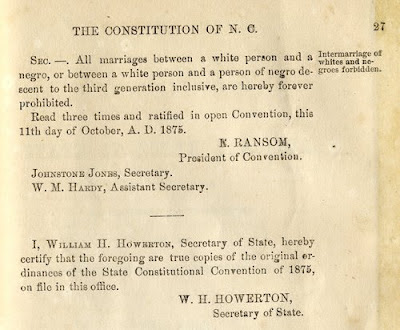James Connolly was sat on a chair and shot dead in Kilmainham Gaol in Dublin, after his role in the Easter Uprising.
James Connolly (Irish: Séamas Ó Conghaile, 5 June 1868 – 12 May 1916) was an Irish republican and socialist leader. He was born in the Cowgate area of Edinburgh, Scotland, to Irish immigrant parents and spoke with a Scottish accent throughout his life. He left school for working life at the age of 11, but became one of the leading Marxist theorists of his day. He also took a role in Scottish and American politics. He was executed by a British firing squad because of his leadership role in the Easter Rising of 1916.
When the Easter Rising occurred on 24 April 1916, Connolly was Commandant of the Dublin Brigade. As the Dublin Brigade had the most substantial role in the rising, he was de facto commander-in-chief. Following the surrender, he said to other prisoners: "Don't worry. Those of us that signed the proclamation will be shot. But the rest of you will be set free." Connolly was not actually held in gaol, but in a room (now called the "Connolly Room") at the State Apartments in Dublin Castle, which had been converted to a first-aid station for troops recovering from the war. He was taken to Royal Hospital Kilmainham, across the road from the gaol and then taken to the gaol to be executed. Visited by his wife, and asking about public opinion, he commented, "They will all forget that I am an Irishman." He confessed his sins, said to be his first religious act since marriage.
He was so badly injured from the fighting (a doctor had already said he had no more than a day or two to live, but the execution order was still given) that he was unable to stand before the firing squad. His absolution and last rites were administered by a Capuchin, Father Aloysius. Asked to pray for the soldiers about to shoot him, he said: "I will say a prayer for all men who do their duty according to their lights."
Instead of being marched to the same spot where the others had been executed, at the far end of the execution yard, he was tied to a chair and then shot. The executions were not well received, even throughout Britain, and drew unwanted attention from the United States, which the British Government was trying to lure into the war in Europe. Herbert Asquith, the Prime Minister, ordered that no more executions were to take place; an exception being that of Roger Casement as he had not yet been tried.
Connolly was sentenced to death by firing squad for his part in the rising. On 12 May 1916 he was transported by military ambulance to Kilmainham Gaol, carried to a prison courtyard on a stretcher, tied to a chair and shot. His body (along with those of the other rebels) was put in a mass grave without a coffin. The executions of the rebels deeply angered the majority of the Irish population, most of whom had shown no support during the rebellion. It was Connolly's execution, however, that caused the most controversy. Historians have pointed to the manner of execution of Connolly and similar rebels, along with their actions, as being factors that caused public awareness of their desires and goals and gathered support for the movements that they had died fighting for.










